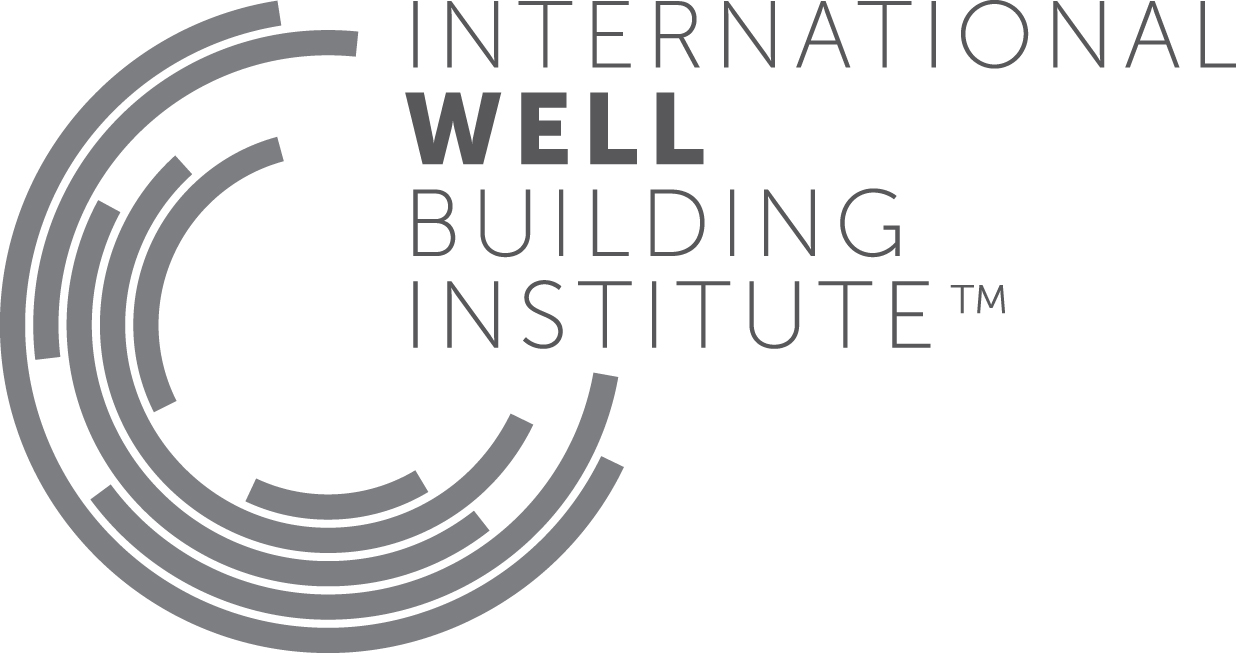WELL Summit 2023: Lessons From Canada’s Truth and Reconciliation Process: Centering and Celebrating Indigenous Wisdom

The wounds of history can be healed if we apply social innovation, resilience and strong community connection.
This was the theme that underscored our final WELL Summit 2023 MainStage session. “Lessons from Canada’s Truth and Reconciliation Process: Centering and Celebrating Indigenous Wisdom” began with powerful stories from each panelist as well as land acknowledgements that recognized those that came before us, the contributions they made and their relationship with the land we occupy today.
These opening remarks were followed by an intimate conversation among Davina Rooney, CEO of the Green Building Council of Australia; Victoria Grant, chair of the Counseling Foundation of Canada; and Diane Roussin, project director of The Winnipeg Boldness Project. Grant is of the Loon Clan, Teme-Augama Anishnabai, and a member of the Temagami First Nation. Roussin is an Anishinaabe community leader and a proud member of the Skownan First Nation in Agowidiiwinan Treaty 2 Territory.
The engagement with each other and the audience exemplified a teaching Grant shared from her grandfather: when you walk in a room and engage with people, you take a little of each of the people there with you.
“We are the sum of our experiences and the people who have walked with us through life,” Grant explained, adding, “We live in a world that has been made much smaller as a result of transportation, technology and communication. We all have much more diversity within our communities and in our countries. We need to understand that diversity is natural. It’s not something that needs to be overcome.”
Truth and reconciliation
The panelists’ presentations and conversation shined a light on the systemic racism that has profoundly impacted the lives of Indigenous peoples and the importance of truth and reconciliation.
As Rooney observed in facilitating the discussion, it’s important to pause and acknowledge – to sit in the truth for a bit first -- because “If you’re not uncomfortable, you’re not listening.”
Another key to reconciliation is education. “The history of Canada and the history before there was a Canada is not being taught in our classrooms. So the idea that there were Indigenous people living on the land with sophisticated systems (political, economic, health and more) is not taught in our schools,” Roussin shared.
This omission contributes to the racism faced by Indigenous peoples and fails to leverage wisdom that can be essential in tackling environmental and social challenges around the world.
Centering and celebrating indigenous wisdom
Acknowledging that successful efforts require systemic changes and a cross-sector approach, Roussin reflected on the value of her culture’s clan system teachings about collaboration. Clans are made up of a lot of different people, but everyone has a role. Every voice is needed at the table, and you have to understand your role and responsibility to make a difference.
These indigenous principles and those of strong community connection and people’s relationship with animals, water, trees and other people stand to have a positive impact on the world.
“We call these relations and our culture strives to live in a good, balanced, reciprocal relationship with them,” Roussin indicated. “We literally talk about Earth as our mother. And so I hope if you have a motherly figure in your life, you're not thinking about extracting every ounce of value you can out of that mother and that you don't care how she's doing.”
For more information about the WELL Summit, please visit https://www.wellcertified.com/well-summit.

